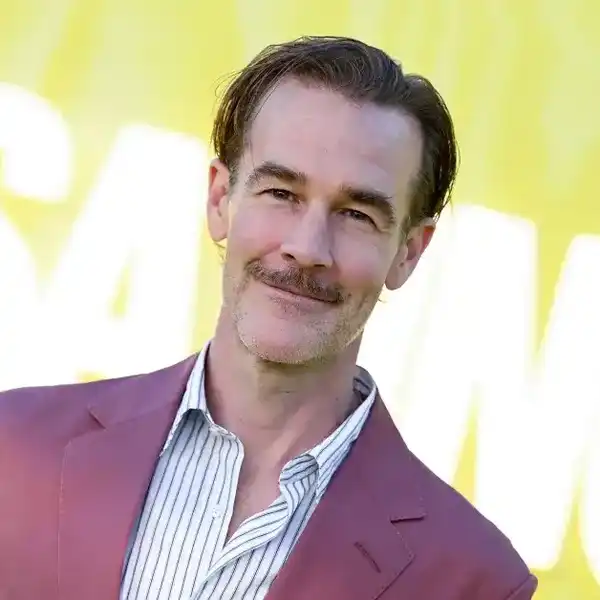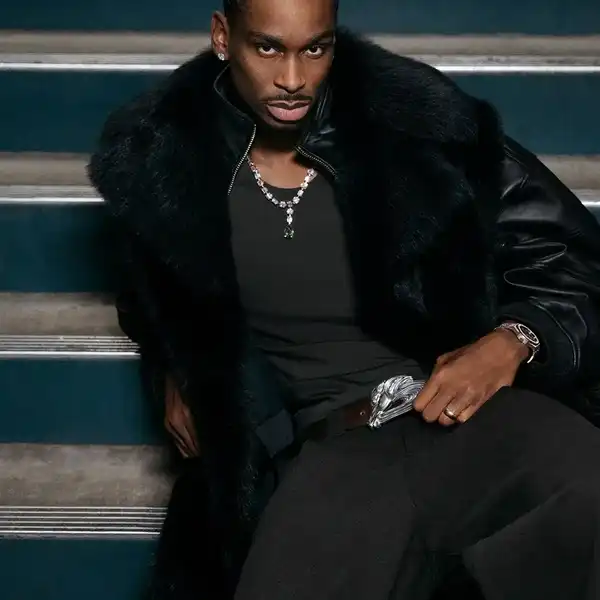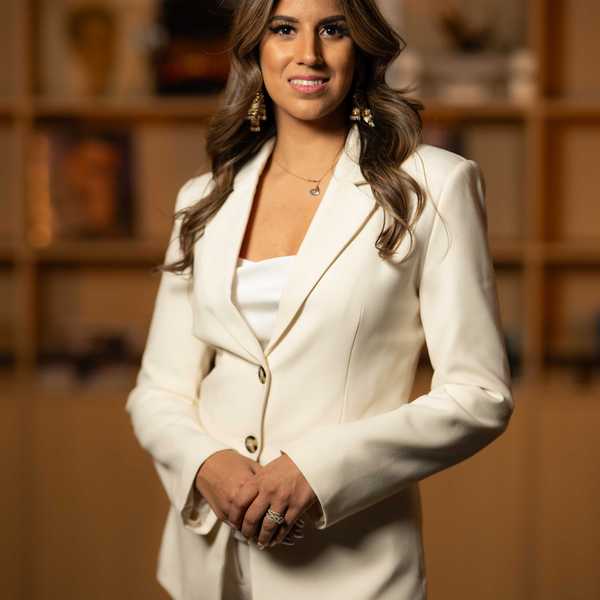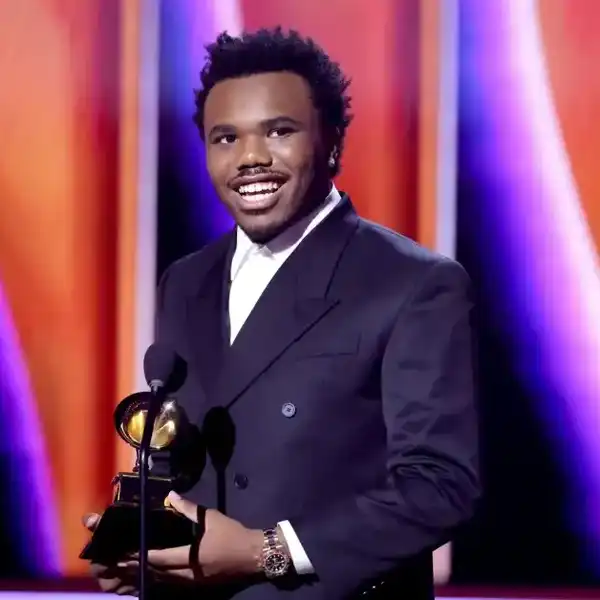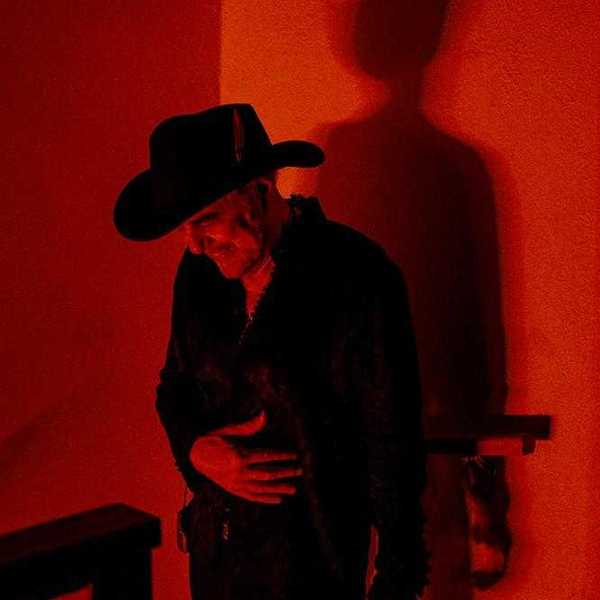Michael Wolff's Trumpty Dumpty
GQ UK has an exclusive excerpt from the Wolff book on Trump, Fire And Fury: Inside The Trump White House, a part of which is reprinted here.

By External Source
Soon after the inauguration of Donald Trump on 20 January 2017, GQ columnist Michael Wolff was granted special access to the White House. Over seven months, in more than 200 interviews with the president and his staff, he sought to understand the motivations of the most peculiar presidency in history. GQ UK has an exclusive excerpt from the Wolff book on Trump, Fire And Fury: Inside The Trump White House, a part of which is reprinted here.
While Trump was in most ways a conventional misogynist, in the workplace he was much closer to women than to men. The former he confided in, the latter he held at arm’s length. He liked and needed his office wives and he trusted them with his most important personal issues. Women, according to Trump, were simply more loyal and trustworthy than men. Men might be more forceful and competent, but they were also more likely to have their own agendas. Women, by their nature – or Trump’s version of their nature – were more likely to focus their purpose on a man. A man like Trump.
It wasn’t happenstance or just casting balance that one of his Apprentice sidekicks was a woman, nor that his daughter Ivanka had become one of his closest confidantes. He felt women understood him. Or, the kind of women he liked – positive-outlook, can-do, loyal women, who also looked good – understood him.
Everybody who successfully worked for him understood that there was always a subtext to his needs and personal tics that had to be scrupulously attended to; in this, he was not all that different from other highly successful figures, just more so. It would be hard to imagine someone who expected a greater awareness of and more catering to his peculiar whims, rhythms, prejudices and, often inchoate, desires. He needed special – extra-special – handling.
Women, he explained to one friend with something like self-awareness, generally got this more precisely than men. In particular, women who self-selected themselves as tolerant of or oblivious to or amused by or steeled against his casual misogyny and constant sexual subtext – which was somehow, incongruously and often jarringly, matched with paternal regard – got this.
Kellyanne Conway first met Donald Trump at a meeting of the condo board for the Trump World Tower, which was directly across the street from the UN and was where, in the early noughties, she lived with her husband and children. Conway’s husband, George, a graduate of Harvard College and Yale Law School, was a partner at the premier corporate mergers and acquisitions firm Wachtell, Lipton, Rosen & Katz. (Though Wachtell was a Democratic-leaning firm, George had played a behind-the-scenes role on the team that represented Paula Jones in her pursuit of Bill Clinton for sexual harassment.) In its professional and domestic balance, the Conway family was organised around George’s career.
Kellyanne’s career was a sidelight. Kellyanne, who in the Trump campaign would use her working-class biography to good effect, grew up in central New Jersey, the daughter of a trucker, raised by a single mother (and, always in her narrative, her grandmother and two unmarried aunts). She went to the George Washington University Law School and afterward interned for Reagan’s pollster, Richard Wirthlin. Then she went on to work with Frank Luntz, a curious figure in the Republican Party, known as much for his television deals and toupee as for his polling acumen. Conway herself began to make appearances on cable TV while working for Luntz.
One virtue of the research and polling business she started in 1995 was that it could adapt to her husband’s career. But she never much rose above a mid-rank presence in Republican political circles, nor did she become more than the also-ran behind Ann Coulter and Laura Ingraham on cable television – which is where Trump first saw her and why he singled her out at the condo board meeting.
In a real sense, however, her advantage was not meeting Trump but being taken up by billionaire Trump donor Robert Mercer and his daughter Rebekah. They recruited Conway in 2015 to work on the Ted Cruz campaign, when Trump was still far from the conservative ideal, and then, in July 2016, inserted her into the Trump campaign.
She understood her role. “I will only ever call you Mr Trump,” she told the candidate with perfect-pitch solemnity when he interviewed her for the job. It was a trope she would repeat in interview after interview – Conway was a catalogue of learned lines – a message repeated as much for Trump as for others.




